The Three Brothers
The oldest housing complex in Riga is a mini timeline of architectural trends.
According to local lore, the bond that binds these adjacent buildings, dubbed the “three brothers,” goes deeper than just their names and location. Supposedly, they were all built by descendants of the same family. Whether or not that is true, the “brothers” stand next to one another as a striking timeline of architectural trends.
The first brother, which was built in the late 15th century, is among the oldest dwellings in all of Riga. The building features impressive Gothic and Dutch influences, all crowned by an intricate set of crow-stepped gables. It was originally used as one large room; a bustling little hub for manufacturing, trade, and everyday life.
The middle brother is a pleasant shade of mellow yellow, though its pale color doesn’t mean it’s a structure to be overlooked. This building, arguably the architecturally grandest and most eye-catching one, was built in the mid-17th century. It, too, features Dutch influences thanks to the city’s trade relationship with the Netherlands. The house boasts intricate details including an engraving above the door that reads, “Soli Deo gloria!” (“Glory to God alone!” in Latin).
The youngest brother came along shortly after the middle one. It was built in the later half of the 17th century and is the thinnest of the trio. Its green facade is allegedly meant to be a mask to protect the property from evil spirits. Amazingly, pedestrians are invited to step inside the historic dwelling, as it happens to house the Latvian Museum of Architecture. The museum gives visitors an inside look (literally) at the gorgeous house, as well as a peek at the blueprints and drafts of other architectural marvels throughout the city.


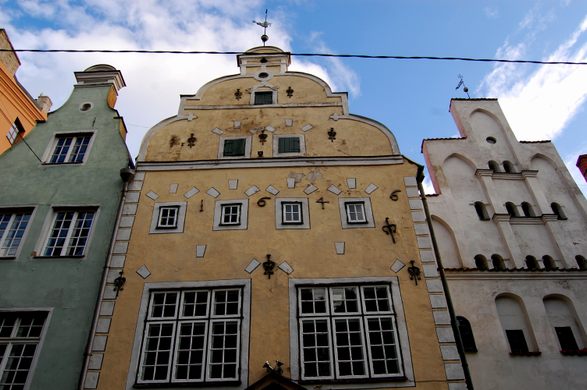



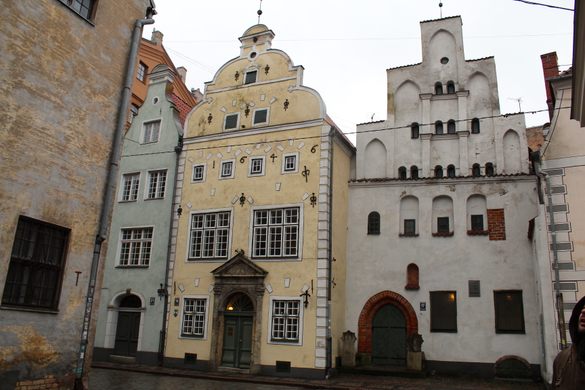
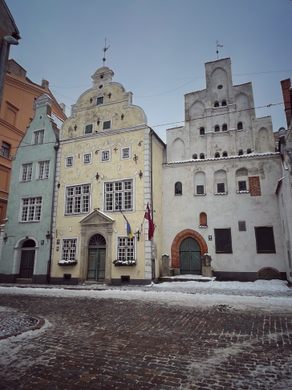



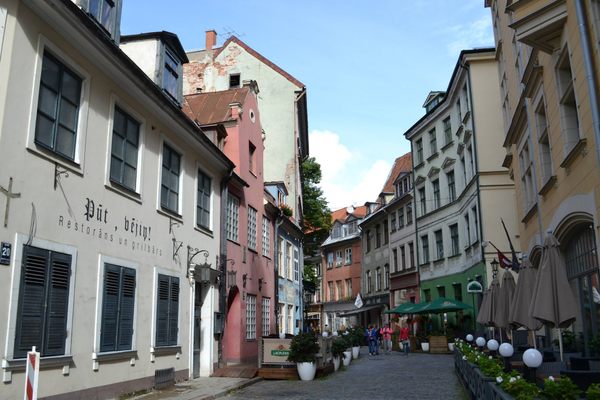




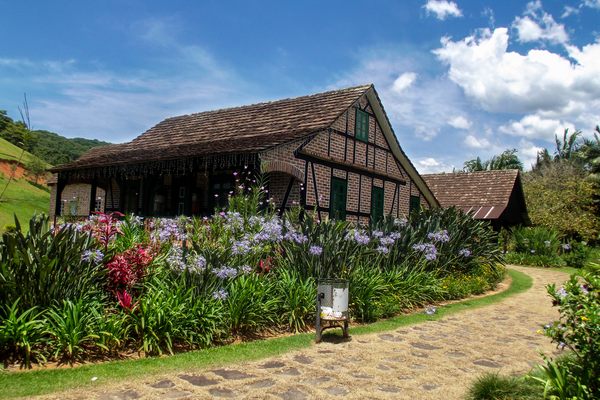


Follow us on Twitter to get the latest on the world's hidden wonders.
Like us on Facebook to get the latest on the world's hidden wonders.
Follow us on Twitter Like us on Facebook